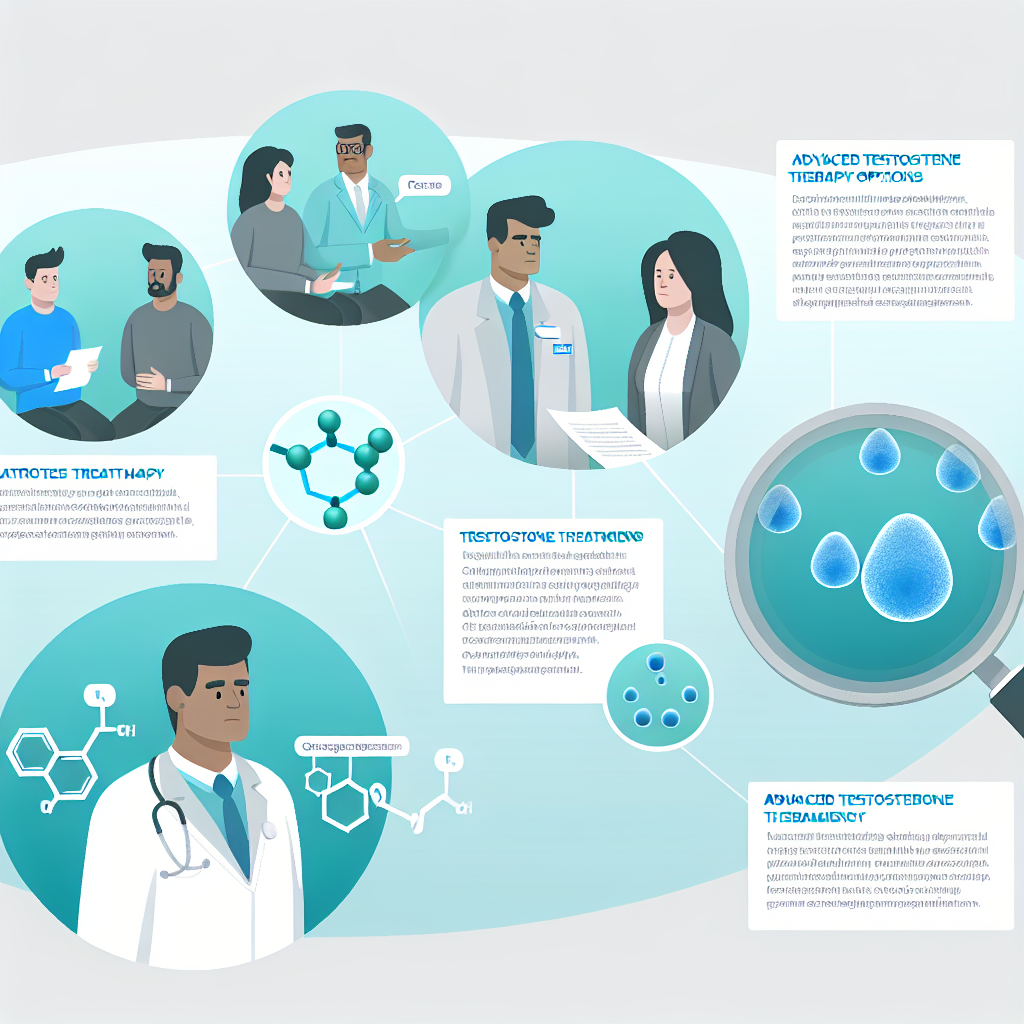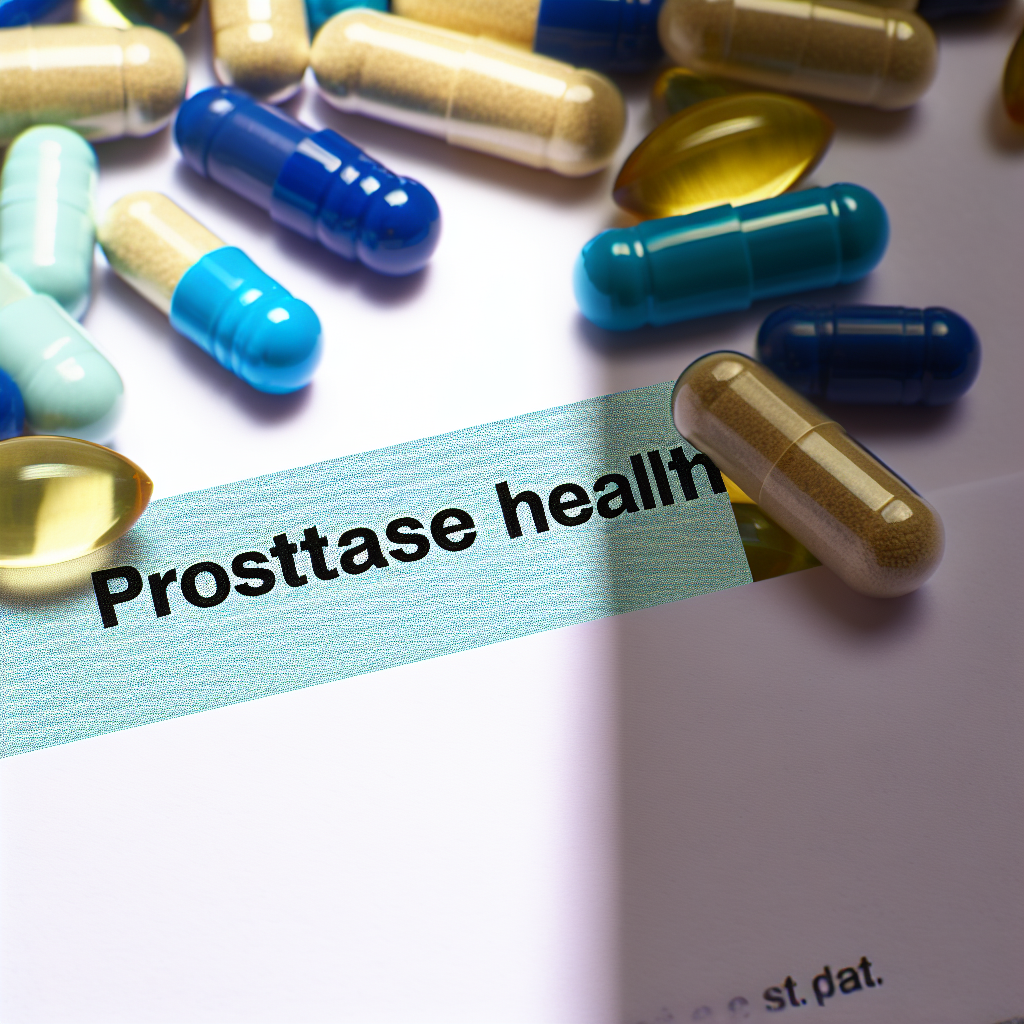Sexual Health After Heart Disease
Introduction: Overcoming Barriers to Intimacy After Heart Disease
Surviving heart disease is a significant milestone, but it requires various lifestyle adjustments, including changes in sexual health. Many men experience concerns about intimacy, stamina, and performance after a heart attack, coronary artery disease (CAD), or heart failure. Understanding the connection between heart health and sexual function is essential in overcoming fears and rebuilding confidence.
Heart disease can impact blood flow, which plays a critical role in maintaining a healthy sex life. Conditions such as high blood pressure, atherosclerosis, and previous cardiac events may restrict circulation, leading to erectile dysfunction (ED). Additionally, medications prescribed for cardiovascular health, such as beta-blockers and diuretics, may impair sexual function. When combined with psychological effects like anxiety and depression, these challenges can make men hesitant about resuming intimacy post-heart disease.
A common misconception is that sexual activity puts excessive strain on the heart, increasing the risk of another cardiac event. While sex does elevate heart rate and blood pressure, studies show that the risk of triggering a heart attack during intercourse is extremely low for those who have resumed normal physical activity without complications. Understanding these dynamics can help men and their partners make informed decisions about resuming intimacy safely.
Thankfully, medical advancements and increasing awareness of cardiovascular health provide men with better guidance and more treatment options for addressing sexual health concerns after heart disease. From lifestyle adjustments and medication reviews to treatments like prescription ED drugs and therapy, there are multiple approaches to maintaining a fulfilling sex life while ensuring heart health.
This article explores the critical relationship between heart disease and sexual health, provides medical insights, and offers actionable advice to help men regain confidence in the bedroom. Whether recovering from a heart event or adjusting to medication side effects, knowing your options can lead to an active, satisfying sex life while maintaining cardiovascular well-being.
The Science Behind Heart Disease and Sexual Dysfunction
A growing body of research highlights the link between cardiovascular disease and sexual dysfunction in men, helping clarify key concerns and solutions. Studies indicate that ED may signal underlying vascular problems caused by reduced blood flow to arteries, including those supplying the penis.
A pivotal study published in the Journal of the American College of Cardiology established that ED is a strong predictor of coronary artery disease. Researchers found that men with ED are more likely to develop heart disease within three to five years compared to those without erectile issues ([Montorsi et al., 2006](https://www.jacc.org/doi/full/10.1016/j.jacc.2005.12.054)). This underscores the strong physiological connection between cardiovascular and erectile health, reinforcing the need for early intervention.
Another study in the European Heart Journal examined the safety of resuming sexual activity after a heart attack. Tracking data from over 500 heart attack survivors, researchers concluded that sexual activity does not significantly increase the risk of another cardiac event, provided patients adhere to medical guidelines and rehabilitation programs ([Drory et al., 1995](https://academic.oup.com/eurheartj/article/16/1/100/592490)). The key takeaway is that if a man is cleared for moderate exercise, he is generally safe to engage in sexual activity.
Safe Treatment Options for Sexual Health After Heart Disease
Prescription medications like phosphodiesterase type 5 inhibitors (PDE5 inhibitors), including sildenafil (Viagra) and tadalafil (Cialis), have been extensively studied for their safety in heart patients. These medications improve blood flow to the penis, but they can interact dangerously with nitrate-based drugs often prescribed for heart disease, leading to severe drops in blood pressure.
A study published in Circulation: Journal of the American Heart Association confirmed that PDE5 inhibitors are generally safe for stable heart patients, provided they are used under strict medical supervision ([Kloner, 2005](https://www.ahajournals.org/doi/10.1161/01.CIR.0000154674.46671.00)). Consulting a healthcare provider before using erectile dysfunction medications is crucial for minimizing health risks.
Beyond medication, lifestyle changes play a significant role in improving sexual function after heart disease. Studies show that adopting a heart-healthy diet, like the Mediterranean diet—rich in fruits, vegetables, lean proteins, and healthy fats—enhances vascular health and reduces the risk of ED ([Esposito et al., 2006](https://care.diabetesjournals.org/content/29/5/1115)). Exercise, stress management, and quitting smoking can also dramatically improve both cardiovascular and erectile health.
Addressing the Psychological Impact of Sexual Health Concerns
Beyond physical causes, psychological factors like anxiety, stress, and depression can contribute to sexual dysfunction after a cardiac event. The fear of triggering a heart attack during intimacy can cause performance anxiety, further exacerbating ED.
A study published in The Journal of Sexual Medicine found that counseling and couple-based interventions significantly improved sexual satisfaction and reduced anxiety in men with heart disease and their partners ([Berger et al., 2014](https://www.jsm.jsexmed.org/article/S1743-6095(14)00010-3/fulltext)). Open communication with both a healthcare provider and a partner can help in addressing these emotional challenges.
Seeking psychological support, whether through individual therapy or couples counseling, can alleviate fears, restore confidence, and improve overall intimacy. Addressing both physical and mental health aspects is key to maintaining a fulfilling sex life after heart disease.
Conclusion: Rebuilding Confidence and Restoring a Fulfilling Sex Life
Resuming sexual activity after heart disease may seem daunting, but it is possible with the right approach. Men often face erectile dysfunction, medication side effects, and psychological concerns after a cardiac event, but these challenges can be managed effectively through professional guidance and lifestyle adjustments.
Medical research confirms that safe sexual activity, once fitness levels and health are stabilized, is not only possible but beneficial for overall cardiovascular well-being. Addressing common concerns like restricted blood flow, medication reactions, and emotional difficulties can significantly improve intimacy after heart disease. Lifestyle changes, proper rehabilitation, therapy, and modern medical treatments offer pathways to restoring sexual confidence while maintaining heart health.
Effective communication with healthcare professionals and partners is crucial in navigating the emotional and physical aspects of sexual health post-heart disease. Understanding risks, exploring treatment options, and adopting heart-friendly habits can help men enjoy a vibrant and satisfying sex life even after recovering from a heart condition.
**Summary:**
This article explores the critical relationship between heart disease and sexual health, providing medical insights and actionable advice to help men regain confidence in the bedroom. It covers the science behind the connection, safe treatment options, and the psychological impact of sexual health concerns. By addressing physical and mental health aspects, men can maintain a fulfilling sex life while ensuring cardiovascular well-being after a heart condition.
**References:**
1. Montorsi, P., et al. (2006). *Erectile Dysfunction and Coronary Artery Disease: Prediction and Prevention.* Journal of the American College of Cardiology. [https://www.jacc.org/doi/full/10.1016/j.jacc.2005.12.054](https://www.jacc.org/doi/full/10.1016/j.jacc.2005.12.054)
2. Drory, Y., et al. (1995). *Sexual Activity and Cardiac Risk in Patients After Myocardial Infarction.* European Heart Journal. [https://academic.oup.com/eurheartj/article/16/1/100/592490](https://academic.oup.com/eurheartj/article/16/1/100/592490)
3. Kloner, R. A. (2005). *Cardiovascular Effects of Sildenafil Citrate and Recommendations for Usage.* Circulation. [https://www.ahajournals.org/doi/10.1161/01.CIR.0000154674.46671.00](https://www.ahajournals.org/doi/10.1161/01.CIR.0000154674.46671.00)
4. Esposito, K., et al. (2006). *Effect of a Mediterranean-Style Diet on Endothelial Dysfunction and Erectile Dysfunction in Subjects with the Metabolic Syndrome.* Diabetes Care. [https://care.diabetesjournals.org/content/29/5/1115](https://care.diabetesjournals.org/content/29/5/1115)
5. Berger, B. E., et al. (2014). *The Impact of Psychological and Couple-Based Interventions on Sexual Function and Satisfaction in Cardiac Patients.* The Journal of Sexual Medicine. [https://www.jsm.jsexmed.org/article/S1743-6095(14)00010-3/fulltext](https://www.jsm.jsexmed.org/article/S1743-6095(14)00010-3/fulltext)

Dominic E. is a passionate filmmaker navigating the exciting intersection of art and science. By day, he delves into the complexities of the human body as a full-time medical writer, meticulously translating intricate medical concepts into accessible and engaging narratives. By night, he explores the boundless realm of cinematic storytelling, crafting narratives that evoke emotion and challenge perspectives. Film Student and Full-time Medical Writer for ContentVendor.com




